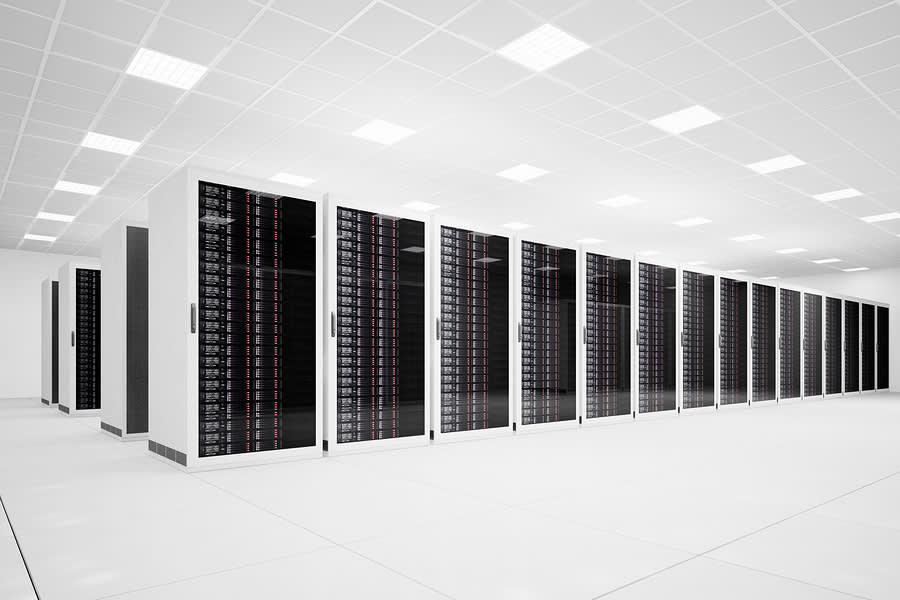Google uses pioneering AI to cut its energy bills
22nd July 2016
In a 150,000 sq m room sits one of Google’s huge data centres. Pulsing through its many servers are cat videos, Netflix downloads and on-demand music.
There are thousands of similar rooms across the world, all requiring a huge amount of heat and power to stay alive.

Individually, our browsing habits have a relatively small comprehensive impact, but collectively our growing appetite for digital services means the data centres that power them are now responsible for about 2% of global greenhouse gas emissions. Amazingly, this is the same global share as aviation.
With the Internet’s billions of worldwide users, numbers can scale up quickly, producing millions of tonnes of CO2 annually. And the figures are growing. Although IT efficiency is improving, and we can now do more with less power, the demand for more and more data use is as high as ever, and any efficiency gains are being eaten up by demand.
However, Google is working to address this with their plans to use AI to cut data centres’ energy use by 15% by applying artificial intelligence to manage them more efficiently than humans.
Google claims that its data centres have improved so that they get 3.5 times the computing power for the same amount of energy, and reduced the energy use for cooling by 40%
The technology for this project comes from British AI company ‘DeepMind’ which Google bought in 2014 for £400m.
Mustafa Suleyman, DeepMind’s co-founder, said that the level of complexity and number of variables meant the job of managing data centres was one where an algorithm could outperform a human. With so many different areas to take care at once, an intelligent computer would be able to tune the settings much more subtly and accuracy.
By testing and using this technology since 2011, Google claims that its data centres have improved so that they get 3.5 times the computing power for the same amount of energy, and reduced the energy use for cooling by 40%.
Google does not disclose exactly how much energy its data centres use, but says as a company it’s responsible for 0.01% of global electricity use, and much of that is data centres. It may not sound like a lot, but for a single company this is an extraordinary amount, and does not even take into account the data use of other giants such as Facebook and YouTube.
If prospective data centres are built intelligently and with the latest energy-saving software, industry leaders such as Facebook and Google could pioneer the transition to renewable energy
But this new technology is a definite step in the right direction. And in the future, it is anticipated that there will be further opportunities to find efficiencies in data centre infrastructure.
If prospective data centres are built intelligently and with the latest energy-saving software, industry leaders such as Facebook and Google could pioneer the transition to renewable energy. But if they’re built in the wrong way, there’s the fear that our dependence on these sources of energy will only increase, and contribute to climate change.